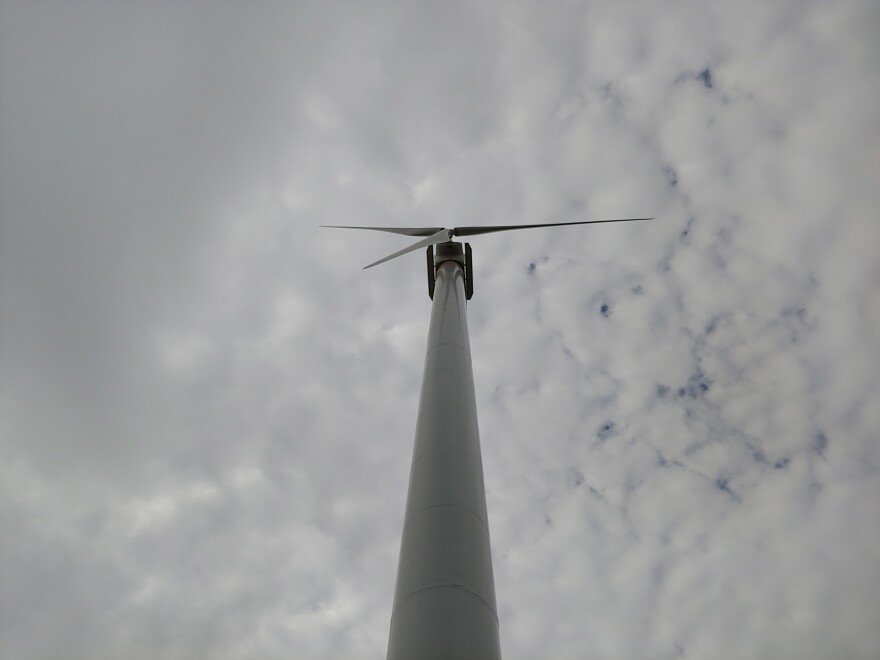A new study says there would be substantial health benefits in the Upper Midwest if more electricity from solar and wind power is added and coal-fired generation is cut back.
Coal-fired power, which produces carbon emissions, provides about half of Wisconsin's electricity. That's five times what comes from renewables, including solar, wind, biomass and hydroelectric. Renewables are expected to grow through utility-scale solar farms, solar panels on more homes and businesses, and possibly more wind turbines.
Harvard University School of Public Health researcher Jonathan Buonocore looked at 10 regions of the U.S. electrical grid and calculated the health benefits of reducing carbon. He says the Upper Midwest would gain the most from less coal and more renewables.
READ: Construction Begins In Wisconsin On Large Solar Farms

"The reason for that is the combination of the fuel type displaced, and just how many people are exposed to those air pollutants emissions. So, in the Upper Midwest that was the highest reduction in coal, and the associated emissions with coal. That was a large driver behind it because the benefits there are so high," Buonocore explained.
He says cleaner air could mean fewer cases of lung disease, heart disease, and stroke. Possibly also fewer problems with low birth weight and pre-term birth. Buonocore says burning coal can create problems across a big footprint.
"Especially from power plants, the health impacts can actually occur very far distances downwind because the air pollution's getting emitted from a higher elevation. So, the pollutants are able to spread for longer distances," Buonocore said.
He also looked at better pollution controls on coal-burning power plants, or what would happen if the carbon was captured and stored. He agrees those steps would reduce greenhouse gas emissions linked to climate change. But Buonocore says factoring in the health benefits makes adding renewables the more cost-effective way to go.

Buonocore says the study did not look at any potential negative health effects from renewables, such as wind turbine noise or blade movement known as flicker. He also didn't look at disputes over the transmission lines being added to carry more electricity from wind and solar. On the other hand, the study didn't analyze the health of people living near coal mines or natural gas wells.
Harvard's Climate Change Solutions Fund paid for the study. It's published in the journal Environmental Research Letters.
The Harvard study does not target any particular utility.
Milwaukee-based WE Energies says it has a long-standing commitment to environmental performance. For example, the firm says during the last 30 years at its Oak Creek power plant, emissions of three major pollutants have gone down.
Support is provided by Dr. Lawrence and Mrs. Hannah Goodman for Innovation reporting.

Do you have a question about innovation in Wisconsin that you'd like WUWM's Chuck Quirmbach to explore? Submit it below.
_






